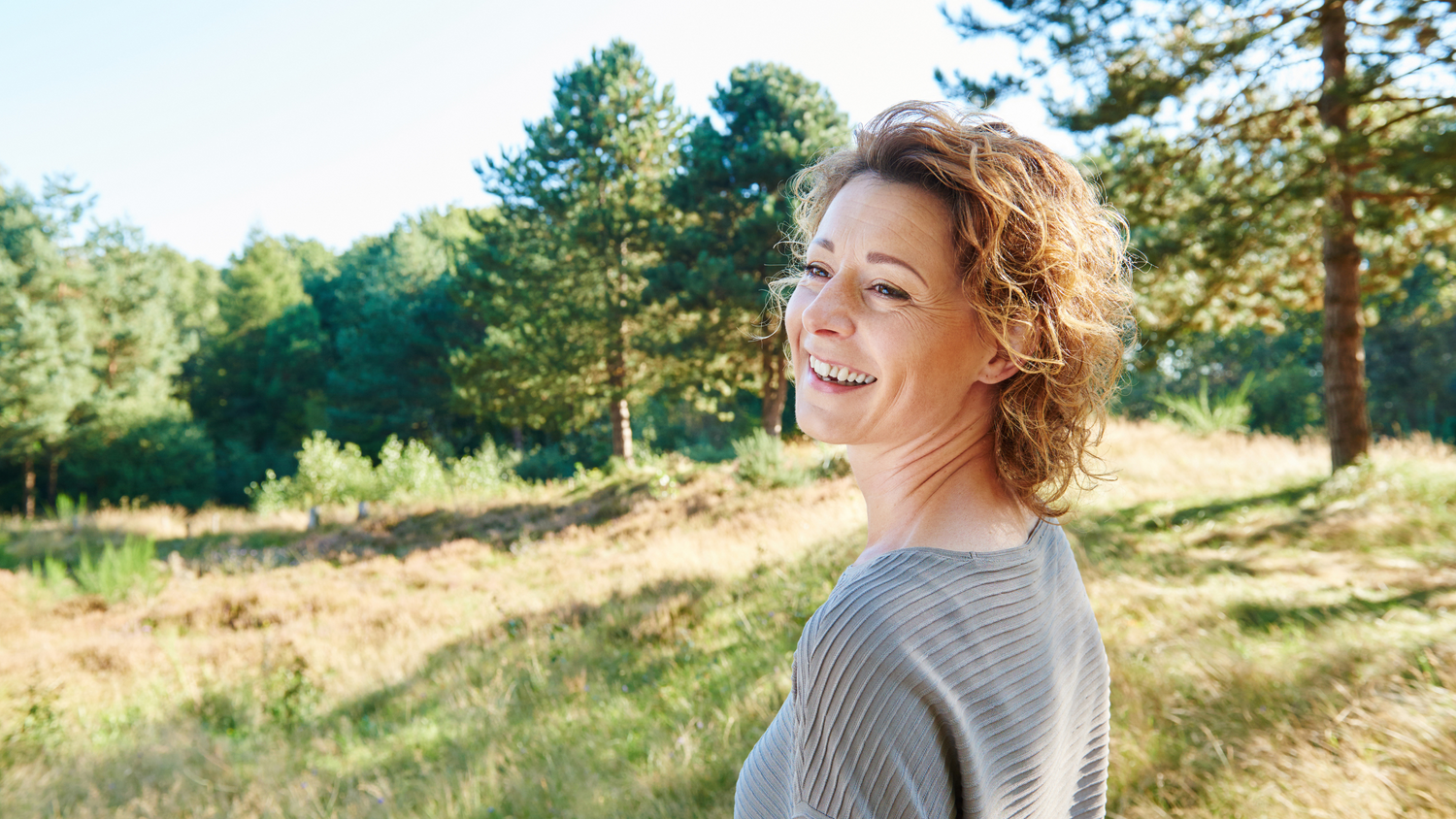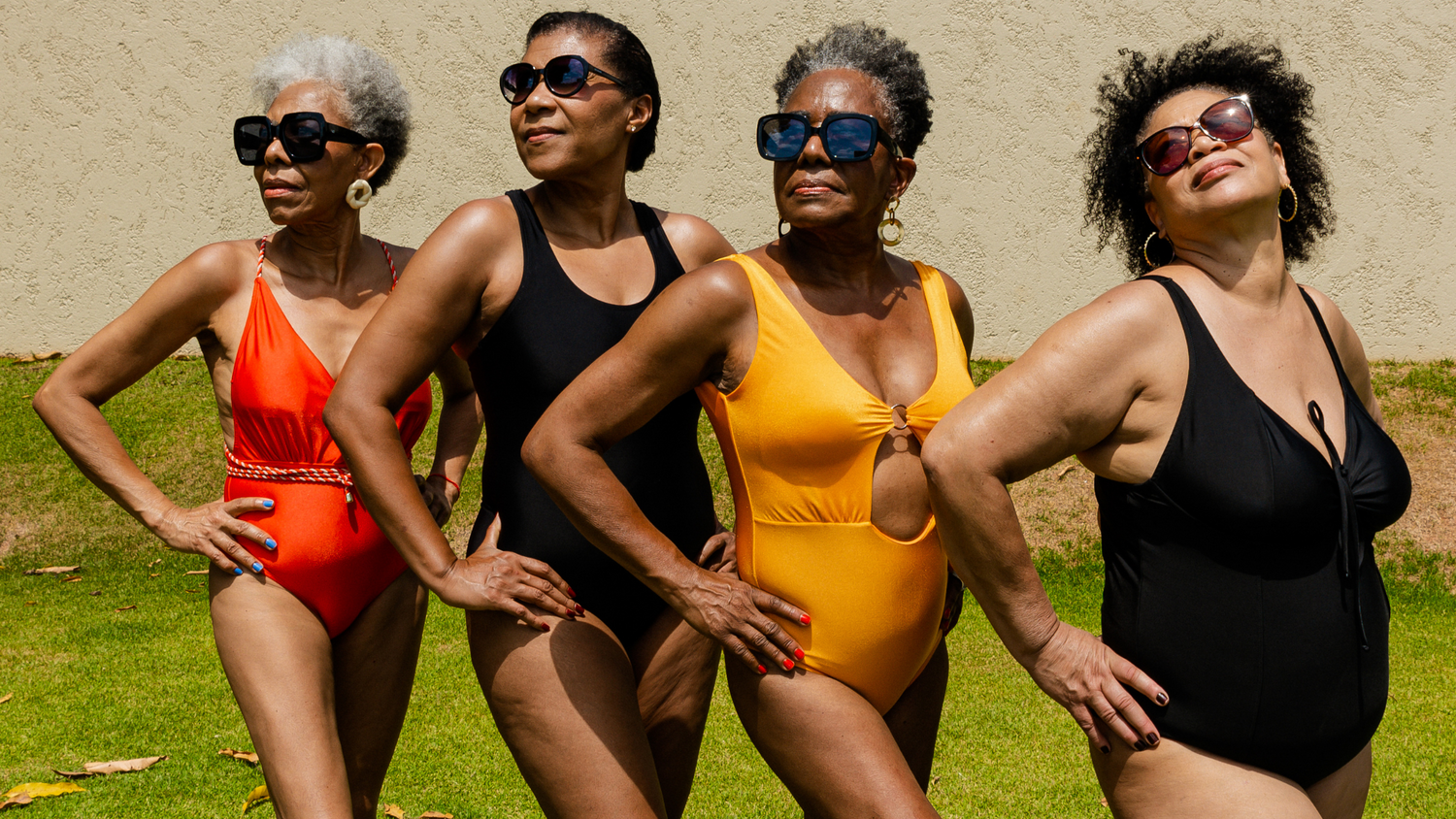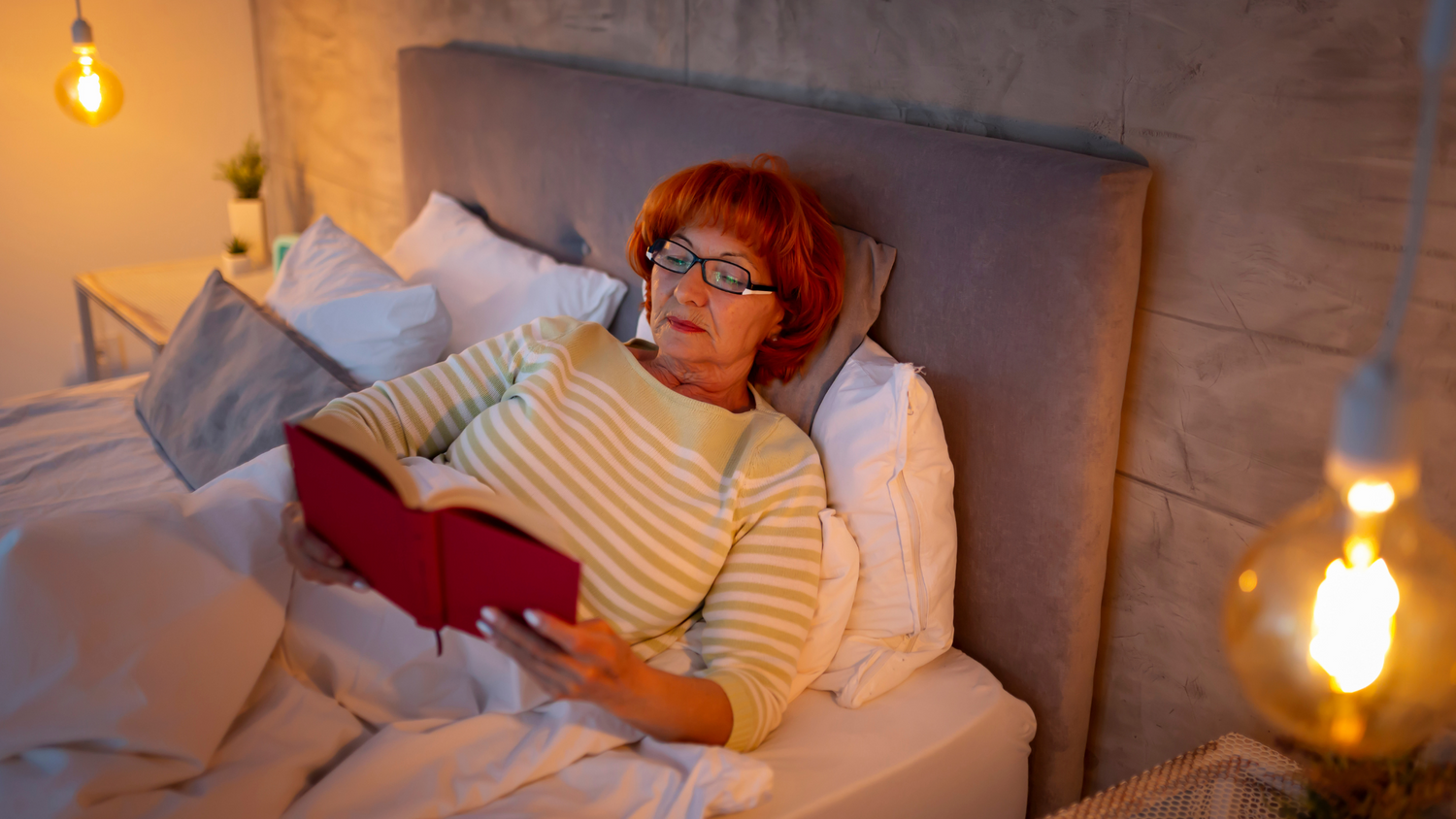Menopause was first coined as an official medical term in 1821 by Charles Pierre Louis De Gardanne, a French doctor. By the turn of the 20th century Ovarrin, the first ever hormone treatment for menopause-related symptoms, was released in England. Concocted of pulverized cow bones, the medicine was a popular option for menopausal women at the time. Since then, strides in the research to understand menopause have definitely been made, but experts still have many lingering questions.
In 2014, the World Health Organization (WHO) dedicated the month of October as World Menopause Month with October 18th designated as World Menopause Day. The main goal was to increase awareness about the different diseases associated with menopause and educate women on the treatment options available for their symptoms. Both World Menopause Month and World Menopause Day help normalize menopause as a natural and normal process that every woman experiences regardless of race, ethnicity or cultural differences.
Every year, the International Menopause Society highlights a theme that goes along with menopause. This year it’s bringing awareness to cardiovascular disease, which menopausal women are at greater risk for. In fact, cardiovascular disease is responsible for almost half of all deaths in women aged 50 and older.
Hopefully Menopause Awareness Month will not only educate people on what menopause is and how it physically and emotionally affects women, but also lessen the taboo-ness associated with the topic. By talking more openly about menopause - its roots, symptoms and treatments - hopefully women will feel less awkward sharing their personal experience with friends, family and their doctors. This can increase the number of women who get the support and treatment they deserve during this often confusing time.
Most importantly, hopefully celebrating World Menopause Day helps women around the world from all backgrounds gain back their confidence and see themselves as the beautiful women they are. The goal for menopause awareness is for women to be able to look forward to the future and see it as a time of personal growth and possibilities.





